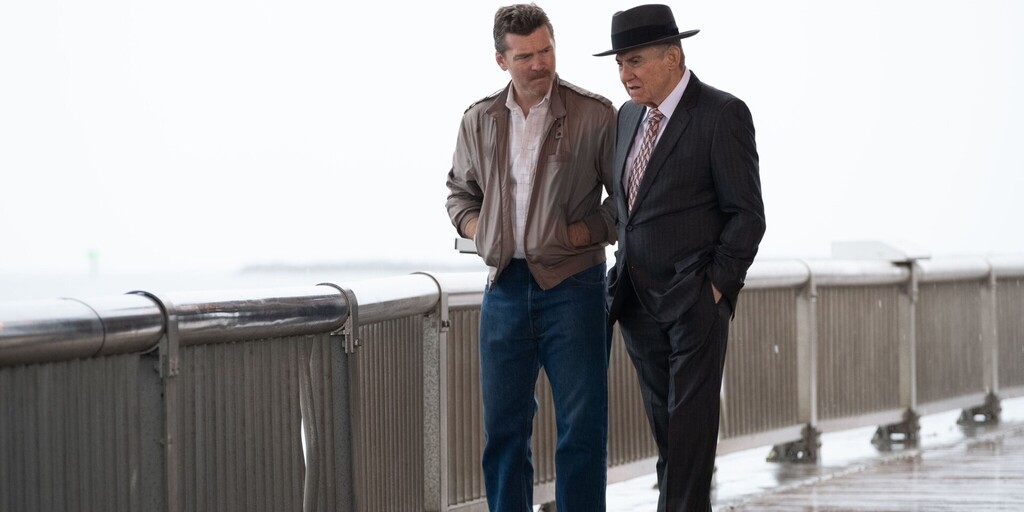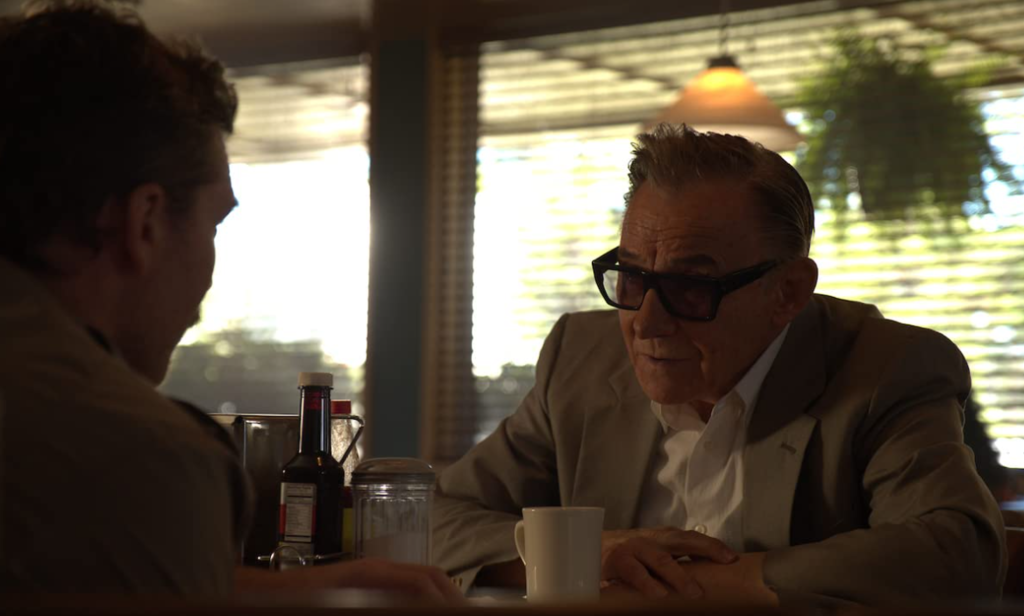Getting your Trinity Audio player ready...
Many might have heard about Meyer Lansky, an American organized crime figure who was instrumental in establishing a nationwide crime syndicate in the United States in the 1930s and 1940s.
He was also a devout Jew, who fought against Nazi sympathizers and even helped Israel in its first years as a country.
Lansky's complicated life is being examined by the Israeli-American director, Eytan Rockaway, in his new film "Lansky".
Harvey Keitel plays the role of the renowned criminal in the last few years before his death, as he details his life in a series of interviews, which were more or less the history of the 20th century.
Lansky's personal story carries with it the history of the modern U.S., the Holocaust, the Cold War, and the history of the early establishment of Israel. All those are a part of the complicated plot that is his life, which unravels on screen in front of the audience.
"Lansky" - Trailer
The two-hour drama combines Lansky's memories as told by him in interviews with David Stone (played by Sam Worthington) and the fragments of his life as they occur in real-time. Old Lansky looks back determined to take ownership of his story, while the younger version of him (played by John Magaro) is shown taking his first steps in organized crime.
The movie depicts Lansky on the one hand as - cunning, deceitful, cold-blooded, cruel man - but on the other hand as a brilliant man who prefers to use his head instead of resorting to violence, and as a loyal friend with social sensitivity. As a result, the film portrays a complex person with a turbulent moral compass, but with a stable Jewish conscience.
The script was written by Rockaway with the help of his father, Robert, who studied the American Jewish gangster phenomenon and had the chance to interview Lansky before his death. The backstory behind Stone's character, however, was made up for dramatic effect.
3 View gallery


Harvey Keitel as Meyer Lansky and Sam Worthington as David Stone
(Photo: Vertical Entertainment)
In a way, Lansky is a period piece, which focuses on a life story that shifts between organized crime in the U.S., Cuba before the communist revolution, and the young Jewish state in the survival war for the support of the American government and its opponents.
Another particularly interesting aspect of the film is Lansky's ability to act in the shadows, while also working closely with authorities. For example, the intelligence aid he provided to American security services during World War II when he extracted information from Nazi accomplices about covert German operations on U.S. soil.
Not to mention the fact that he was one of the greatest supporters of Israel. In one of the scenes, when an IDF general addresses Lansky as the messenger of the Israeli government and asks him for a donation to the young country, he fulfills the request without any question. That was the beginning of a wonderful friendship between the Jewish businessman and Israel, but only until Lansky himself needed the help of the country.
When Lansky sought to make Aliyah in the 1970s, he was rejected by the very country he helped so much over the years due to the pressure from American authorities.
The U.S. officials at the time apparently urged the Israeli government to decline his request to immigrate despite being eligible for it under the Law of Return, which gives Jews the right to come and live in Israel and to gain Israeli citizenship.
These events express the tensions in Lansky's life, but in the general Israeli context, it asks a fundamental question: What's more important - a good Jew or a good man?






